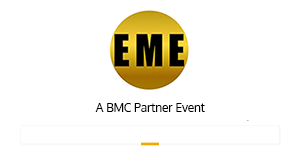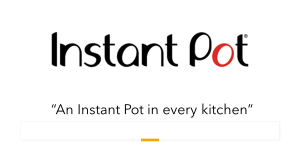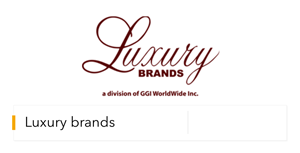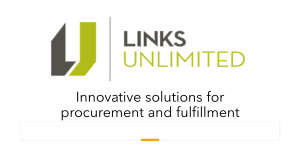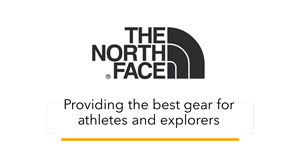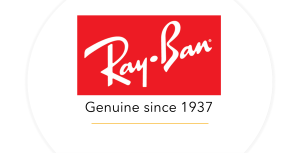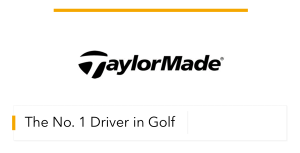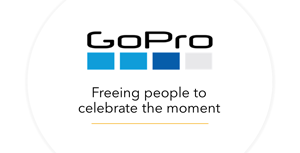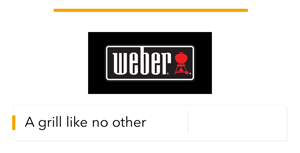IRF Report Highlights Importance of Holistic Approach to Recognition
Click here to subscribe to RRN weekly, and here for an RRN media kit.
Employee recognition and engagement are closely related drivers of organizational success and can boost productivity, engagement, and loyalty. Recognition addresses the core human need to feel valued and can drive discretionary effort. Organizations should strive to create a culture of recognition by encouraging sincere appreciation at all levels, leveraging technology to accelerate recognition, and using smart design and measurement in recognition and reward programs.
 These are the highlights of a recent Incentive Research Foundation study, Building a Culture of Recognition, based on a survey of 1,078 US workers, consisting of 54% middle management and 46% non-management in IT, engineering, legal, finance, etc, with 47% earning under $50,000 a year.
These are the highlights of a recent Incentive Research Foundation study, Building a Culture of Recognition, based on a survey of 1,078 US workers, consisting of 54% middle management and 46% non-management in IT, engineering, legal, finance, etc, with 47% earning under $50,000 a year.Key findings and recommendations include.
-
Make recognition fair and accessible: Recognition tools and programs must be inclusive, catering to everyone regardless of their role, level, or location within the organization. Encouraging leaders at all levels, especially managers, to make appreciation a regular habit
 is crucial. Recognition should come from various sources, including peers, cross-functional teams, and even customers.
is crucial. Recognition should come from various sources, including peers, cross-functional teams, and even customers. - Recognition should be frequent: Frequent recognition drives engagement and sincerity. Employees who receive recognition regularly—weekly, monthly, or even daily—report higher engagement, job satisfaction, and perceived sincerity of recognition. Infrequent recognition loses its impact and can erode trust and morale.
- Timeliness is important. Recognition delivered promptly after an accomplishment is perceived as more sincere and impactful. Timeliness acts as a trust signal, making appreciation feel attentive rather than transactional.
- Sincerity trumps monetary value: Sincerity in recognition has a stronger emotional and motivational effect than its tangible value. Authentic, specific, and detailed praise is more meaningful than grand or costly gestures.
- Peer-to-peer platforms can enhance results. Access to recognition platforms boosts the frequency and inclusivity of appreciation. These platforms democratize and accelerate appreciation across the organization.
-
 Recognition should go beyond individual performance. While individual performance is the most common trigger for recognition, team contributions, collaborative behaviors, and cultural citizenship are under-recognized. Expanding recognition criteria to reward collaboration and values-based behavior can encourage teamwork and shared purpose.
Recognition should go beyond individual performance. While individual performance is the most common trigger for recognition, team contributions, collaborative behaviors, and cultural citizenship are under-recognized. Expanding recognition criteria to reward collaboration and values-based behavior can encourage teamwork and shared purpose. - Tangible rewards enhance impact but are not essential: Tangible rewards enhance the effect of recognition but are not essential. Sincerity matters more than tangibility, and meaningful recognition doesn’t have to be expensive.
- Personalization counts: The preferred frequency and form of recognition vary by individual worker. Offering a mix of non-monetary and monetary rewards, including verbal praise, gift cards, extra time off, and experiences, caters to varied employee preferences.
- Continuous improvement: Measuring and improving recognition programs is vital. Using data from recognition platforms to monitor effectiveness and implement feedback loops can enhance program design.
-
 Customer recognition: Over one-third of respondents (35.8%) report receiving recognition from customers or clients, reflecting the importance of external validation in employee motivation and sense of accomplishment.
Customer recognition: Over one-third of respondents (35.8%) report receiving recognition from customers or clients, reflecting the importance of external validation in employee motivation and sense of accomplishment.
Key recommendations:
- Coach leaders to offer authentic, specific, and detailed praise that reflects true appreciation.
- Expand recognition criteria: Recognition programs should reward collaboration, values-based behavior, and team achievements, not just individual output.
-
 Design tangible rewards thoughtfully: For routine recognition, sincere appreciation alone suffices. For exceptional achievements, design tangible rewards that are modest but meaningful.
Design tangible rewards thoughtfully: For routine recognition, sincere appreciation alone suffices. For exceptional achievements, design tangible rewards that are modest but meaningful. - Personalize recognition and rewards: Encourage managers and peers to learn about team member preferences and offer a mix of non-monetary and monetary rewards.
Enterprise Engagement Alliance Services
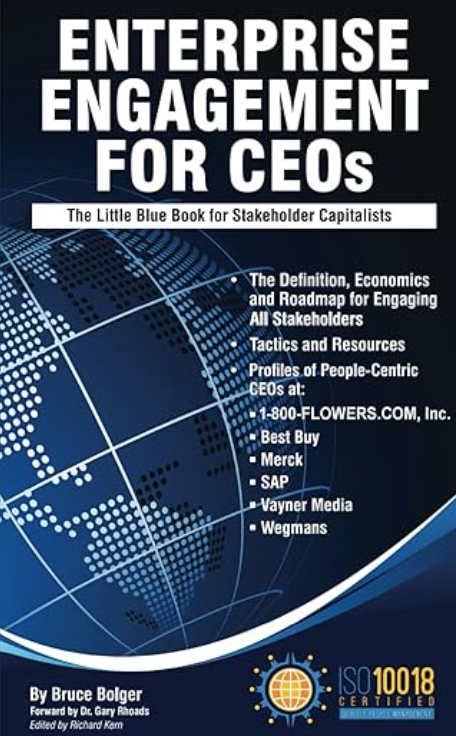
Celebrating our 15th year, the Enterprise Engagement Alliance helps organizations enhance performance through:
1. Information and marketing opportunities on stakeholder management and total rewards:
ESM Weekly on stakeholder management since 2009; click here for a media kit.
RRN Weekly on total rewards since 1996; click here for a EEA YouTube channel on enterprise engagement, human capital, and total rewards insights and how-to information since 2020.
2. Learning: Purpose Leadership and Stakeholder
 Management Academy to enhance future equity value and performance for your organization.
Management Academy to enhance future equity value and performance for your organization.3. Books on implementation: Enterprise Engagement for CEOs and Enterprise Engagement: The Roadmap.
4. Advisory services and research: Strategic guidance, learning and certification on stakeholder management, measurement, metrics, and corporate sustainability reporting.
5. Permission-based targeted business development to identify and build relationships with the people most likely to buy.
6. Public speaking and meeting facilitation on stakeholder management. The world’s leading speakers on all aspects of stakeholder management across the enterprise.





